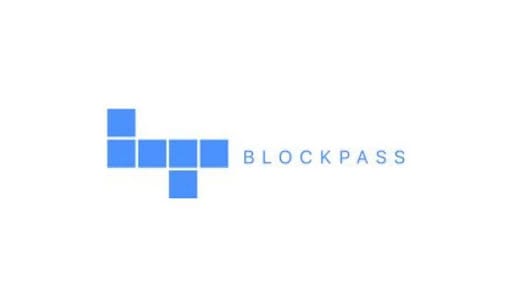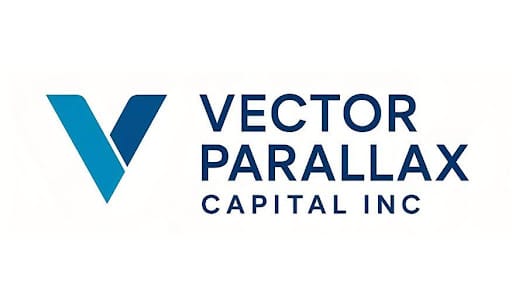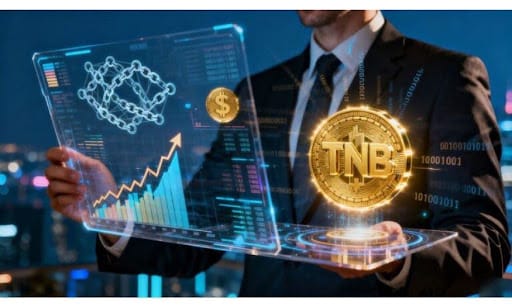Dubai and Peaq Launch Regulatory Framework for Machine Economy at GITEX 2025

Dubai's Virtual Assets Regulatory Authority and peaq blockchain signed a memorandum of understanding at GITEX GLOBAL 2025 on October 16. According to CoinSpot, the partnership aims to create legal regulations for onchain robots, tokenized machines, and artificial intelligence operating within blockchain environments. The agreement covers four main areas: Machine Economy Free Zone support, regulatory guidance for license applicants, education programs, and data sharing between parties.
The collaboration will launch an experimental zone on peaq's blockchain in summer 2025. VARA will provide case-by-case support to projects seeking licenses in Dubai. Peaq will share ecosystem data and regulatory recommendations with VARA to help shape policy development. VARA CEO Matthew White stated the agency seeks to position Dubai as the global benchmark for safe growth of next-generation asset classes.
Why This Development Matters
This partnership provides regulatory clarity for companies building decentralized physical infrastructure networks and machine economy applications. Projects can now navigate licensing requirements in Dubai with direct support from both VARA and peaq. The Machine Economy Free Zone offers a controlled environment where startups can test real-world scenarios involving decentralized networks, AI, and physical devices while meeting compliance standards.
The framework addresses a gap in global regulation. Cointelegraph reports that DePIN projects have lacked clear regulatory pathways in most jurisdictions. Dubai's approach creates standards for tokenized machines that generate economic value continuously. These devices range from autonomous robots to IoT sensors that can own digital assets and execute transactions. The agreement gives developers confidence to build compliant applications in this emerging sector.
Industry Implications for DePIN and Tokenization
The machine economy represents a convergence of blockchain, robotics, and AI where physical devices operate as independent economic agents. According to Tangem, the DePIN ecosystem reached approximately $33 billion in market valuation by February 2025. The sector now comprises over 1,170 active projects with more than 5.7 million devices deployed across 196 countries. This growth reflects increasing adoption of decentralized infrastructure models.
Dubai's move positions the emirate as a testing ground for machine economy regulations. The partnership follows VARA's strategic alliance with DMCC announced one week earlier to develop frameworks for tokenized commodities. In August, VARA and the UAE's Securities and Commodities Authority formed a partnership to sync digital asset regulation across the entire UAE. Dubai-based licenses now apply nationwide. The city attracted approximately 9,800 high-net-worth individuals in 2025, many from fintech and blockchain industries.
VARA has established precedent in tokenization regulation. CoinDesk notes that Dubai's real estate tokenization pilots saw properties sell out within minutes to buyers from over 35 countries. The government aims to tokenize 7% of its real estate market, valued at $16 billion, by 2033. The peaq partnership extends this regulatory expertise to a new asset class where machines themselves become tokenized economic participants.
Further Reading
For those interested in decentralized governance structures that enable machine economy projects, our comprehensive DAO tooling guide provides detailed analysis of over 100 platforms and tools used in decentralized governance. The guide covers voting mechanisms, treasury management systems, and coordination frameworks essential for DePIN and machine economy initiatives.





